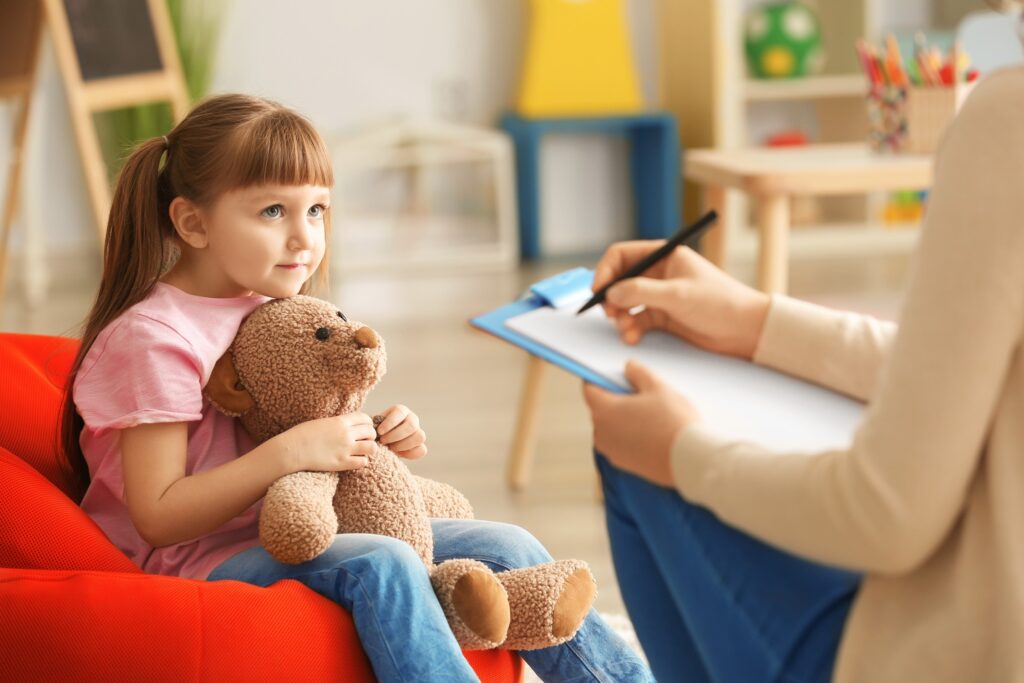
“How have you been?” A question that has been given new significance since the start of the COVID-19 pandemic. Throughout 2020 and 2021, a large number of Americans experienced unprecedented hardships, all while socially distancing from their emotional support circles. While it’s easy to say that nearly every American has struggled during the past two years, the question remains, what has been the exact toll the pandemic has had on mental health. Brooke Beyma, a college student currently studying psychology at the University of Tampa, has wondered that exact question and believes she has an answer. Below, Brooke Beyma will break down how the pandemic has impacted different facets of mental health.
Poor Mental Health In Young Adults
According to multiple surveys, individuals whose mental health was most significantly impacted by the pandemic were those who lost their jobs, were separated from social circles, and were experiencing the greatest financial difficulties. Historically, young adults just starting their careers often have the smallest accumulated wealth and are most likely to be laid off first during times of financial stress. According to a PEW survey, of the 50 million Americans who filed for unemployment during the pandemic, 35% were between the ages of 18-29, with another 30% between the ages of 30-49. It was during this time that psychologists saw a higher instance of young adults reporting anxiety and depressive episodes (56% increase), suicidal thoughts (26% increase), and substance abuse (25% increase).
Shortage of Mental Health Professionals
One of the more visible effects the pandemic had on mental health was highlighting the United States’s current shortage of mental health services. While more than half of all Americans reported feeling anxiety and depression during the COVID-19 pandemic, a recent study found that 32% of Americans who reported poor mental health were unable to receive treatment. Many therapists and psychologists reported a significant influx of new patients and record high waiting list for appointments. Surveys now show that one-third of all Americans live in areas lacking mental health professionals, namely outside of major cities.
High Levels of Alcoholism
During the COVID-19 pandemic, health officials saw a drastic increase in substance abuse, primarily alcohol. During the week of March 21, 2020, national sales of alcohol rose by 54% compared to the year before, with online alcohol sales increasing by 262%. However, officials also found that while alcohol consumption among adults increased in young adults, women, in particular, increased their alcohol consumption by 41% compared to the 2019 baseline. While women showed the most significant alcohol increase, those most at risk for increased alcohol consumption also included those with:
– Limited coping mechanism to extreme stress
– Those with limited or reduced finances
– Inadequate social support
– Lost access to alcohol and substance treatment programs such as AA and rehabilitation facilities.

